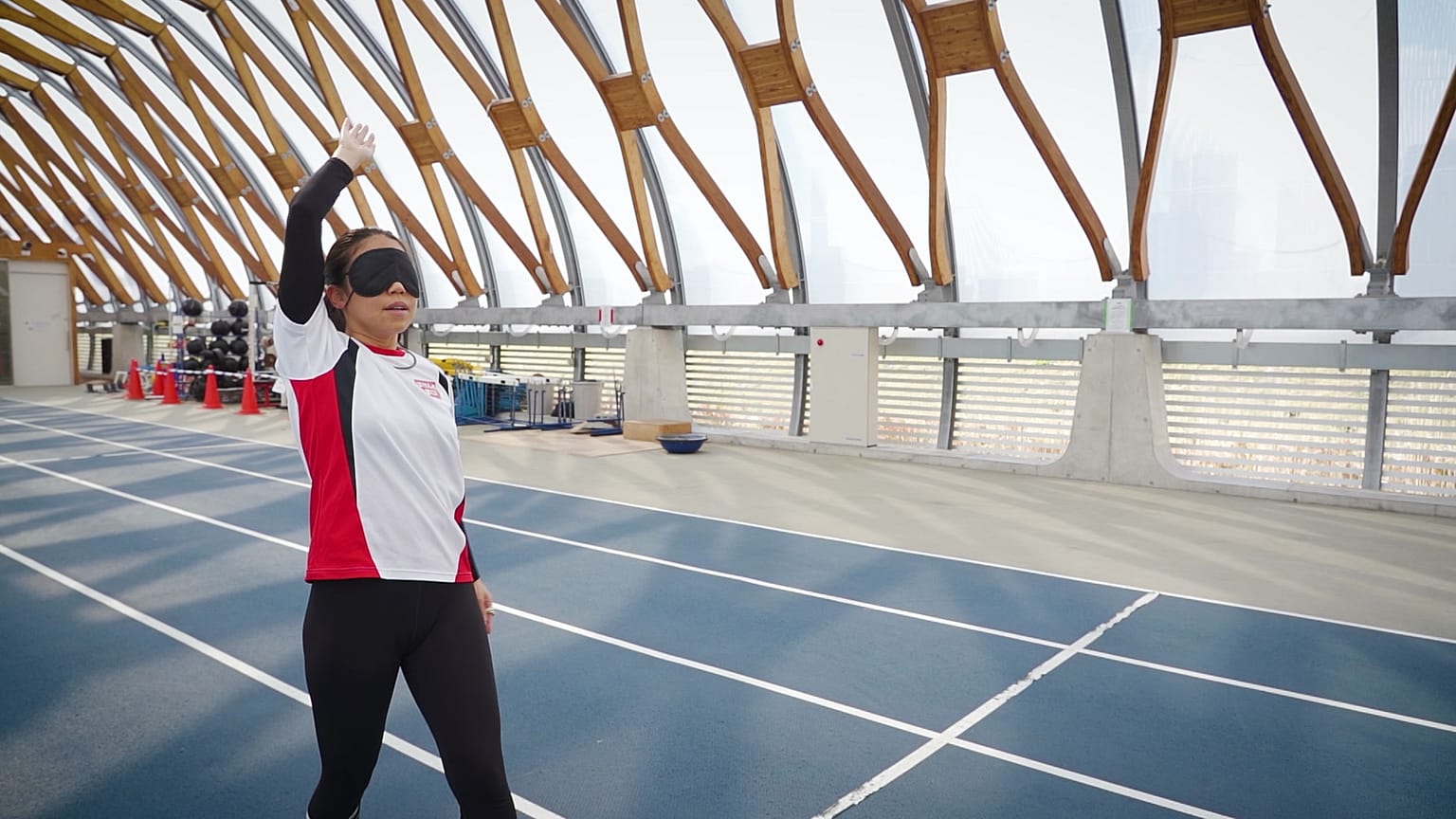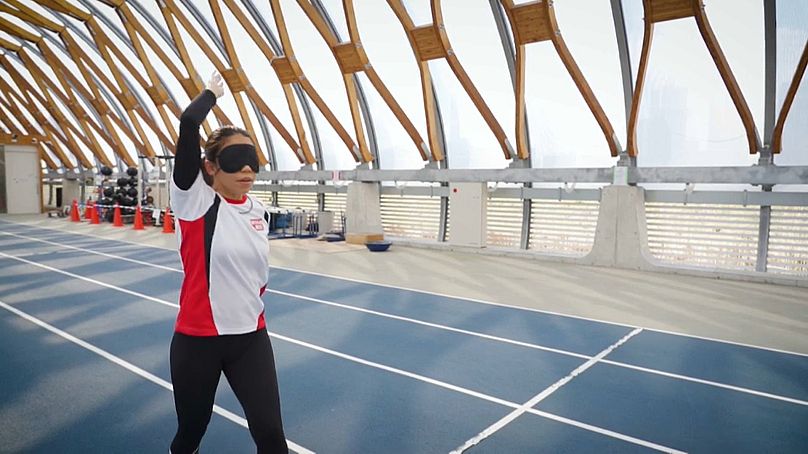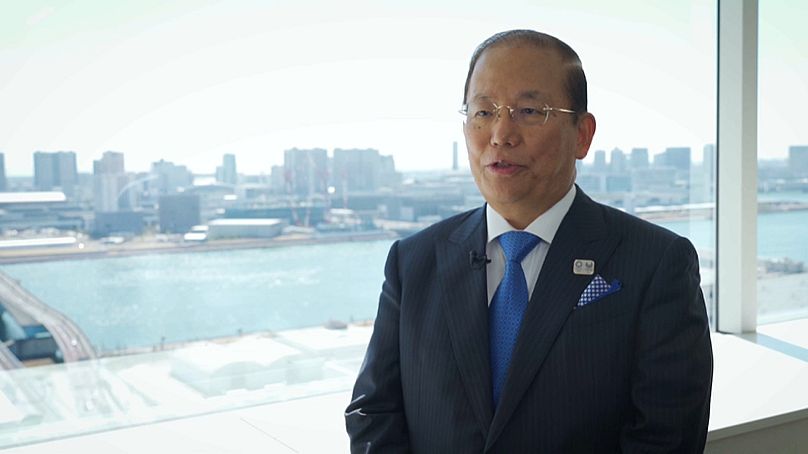Spotlight explores the efforts being made in Japan to ensure the Paralympics have a lasting impact for those living with a disability.
Spotlight explores the efforts being made in Japan to ensure the Paralympics have a lasting impact for those living with disability.
While the Olympic and Paralympic Games will now take place next year because of the coronavirus, preparations are still going ahead in Tokyo, the first city in the world set to host the Paralympics twice.
We met Chiaki Takada on her way to training. From her home to the stadium, this visually impaired para-athlete benefits from an urban environment that has been designed to be more accessible for all. A competitor at the Rio Paralympics, for the Tokyo Games, Chiaki has been selected for the long jump.
Breaking down barriers
For Japan, diversity and inclusion are essential to the success of the Games. Tokyo has sought to create complete barrier-free access at major train stations, bus terminals and airports.
“Information about the Barrier Free access in Japan is starting to become more widespread," says Yuriko Oda, the CEO of Wheelog, an app that helps wheelchair users get from A to B. She adds: "People are sharing useful information for those in wheelchairs, like the location of toilets, restaurants and elevators. I have a feeling that the whole of Japan wants to make the most of the Olympics and Paralympics as a way to transform itself…”
In addition to sport, organisers are keen to point out that leaving a legacy and sustainable development are key themes running through these Games. For them it’s about passing the benefits on to all: both to current but also future generations across Japan.
“Kids learn more quickly because they don’t discriminate"
Japan is also attempting to raise more awareness about disability. This includes outreach programmes for children.
“Kids learn more quickly because they don’t discriminate or have an established mindset. We realised that teaching the kids and the kids telling the parents is much quicker than we thought," says Yasushi Yamawaki, the Chairman of the Nippon Foundation Paralympic Support Center.
The Motto of the Tokyo Games is “United by Emotion” - a shared humanity that embodies the spirit of the Olympics.

















